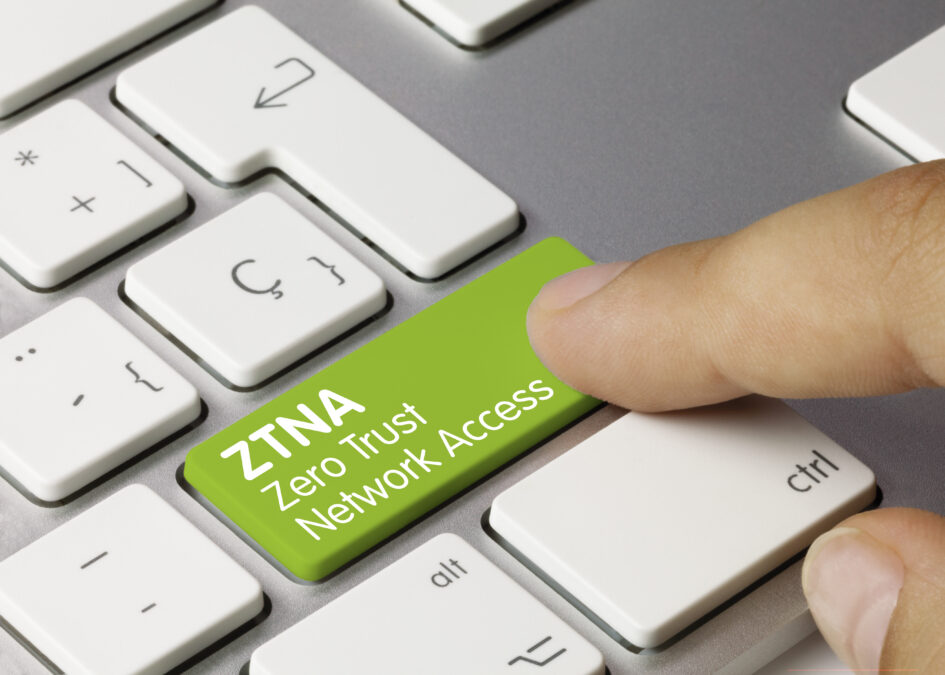A first of its kind study, the report examined how organisations can harness skills brought by generational diversity to implement cyber security strategies such as Zero Trust Network Access (ZTNA).
While workers aged 50–66 exiting the labour pool face increased risk of lost expertise in securely integrating legacy IT such as mainframes into modern hybrid IT, 80% of IT baby boomers (aged 56-75) say they would return as consultants, helping to fill the widening global cyber security skills gap.
Meanwhile, Gen X IT professionals (aged 41-57) can bridge generational gaps by playing a pivotal role in distilling and bridging the experience and expertise of baby boomers and millennials, according to the report.
While millennials (aged 26-40) tend to be more tech savvy, having been introduced to digital infrastructure earlier in life, tend to move quickly and look for fast solutions, but may feel hesitant about the time it takes to implement stronger security controls such as zero trust.
Zero trust: the five reasons CIOs should care
Other advantages of generational diversity
Additionally, the study reveals that skills such as deep thinking, information processing and the ability to ignore distractions, and focus on what’s important, are functions that increase from the late 50s to mid-to-late 70s in age.
Also, emotional intelligence increases with age, a skill fundamental to essential problem-solving or decision-making abilities needed to detect, respond and mitigate effectively against cyber attacks.
“Mixing older and younger generations within cyber security teams balances the digital savviness of youth with the wisdom and experience of age,” said Rose Lee.
“The millennials’ first-adopter appetite can often lead them to look for time-saving shortcuts that results in more cyber security risk. Boomers have higher emotional intelligence and a firefighter’s intuition for things that don’t look or feel right making them crucial cyber security defenders.
“Sitting in the middle, Gen Xers can be the conduit to ensure back-and-forth collaboration and knowledge transfer across teams.”
Jawahar Sivasankaran, president and COO of Appgate, commented: “The cyber security industry has suffered for many years from a shortage of skilled employees and the gap widens every day. This report highlights the importance of retaining important technical skills, especially as we transition more legacy systems securely to the cloud.
“Organisations should consider incentivising boomers to return or stay on as consultants to help address the skills gap. Moving toward a zero trust security framework will also enable organisations to provide greater cyber security control with less administration.”
The full report, ‘How Do Generational Differences Impact Enterprise Cybersecurity Teams?’, can be found here.







